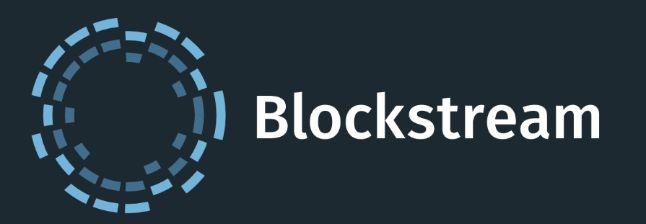

THE PAST few years were baffling as companies equated promises not to sue with "Open Source" or "open-source" (with a dash, to help dodge the trademark perhaps). Examples we covered here included, notably, Tesla and Panasonic.
"The system as it stands is inherently hostile towards GNU/Linux and Free/Open Source software, which is what Blockchain is all about.""Core to the Bitcoin ethos is permissionless innovation. Without it and the level of contribution to which it gave rise Blockstream would not be on the exciting path we find ourselves today. It should not come as a surprise then that permissionless innovation is also core to Blockstream's ethos. We firmly believe that in order for Bitcoin and related technologies' potential to be fully realized they must be underpinned by a global platform that is free for any innovator to use without hesitation."
As Benjamin Henrion rightly asked, "where do you have patents? which numbers?" Another person, a patent attorney who specialises in patent data/statistics, noted that "Blockstream Does Not Have Any Patents Assigned to It." This is not entirely shocking. Having written about Blockstream in the past (we have very broad scope in our daily links), not once did we mention it in relation to patents. Patently German hypothesised: "Preparation for future #blockchain #patent wars? Blockstream announces defensive patent pledge and patent agreement..." (IBM, a patent bully with software patents, is also heavily involved in the same Linux-centric space)
IP Watch, a decent watchdog of patent matters, wrote the headline "Trust Us, We Won’t Sue You" (it sounds rather humourous or sarcastic). It said that "Blockstream, which developed the blockchain technology and bitcoin, has announced a defensive patent strategy. The crux of it: assurance that users of its technology won’t be sued."
"It seems like shameless self-promotion or a publicity stunt with a "patents" angle."The EFF wrote about this as follows: "We’ve written many times about the need for comprehensive patent reform to stop innovation-killing trolls. While we continue to push for reform in Congress, there are a number of steps that companies and inventors can take to keep from contributing to the patent troll problem. These steps include pledges and defensive patent licenses. In recent years, companies like Twitter and Tesla have promised not to use their patents offensively. This week, blockchain startup Blockstream joins them with a robust set of commitments over how it uses software patents."
Bob Summerwill told me [1, 2]: "I see this as hugely positive. Looks directly analogous to what the GPL does for copyrights. Use system against itself."
Right, but unless Blockstream actually has some patents (there is no evidence of it so far), what can they really use against the system? The system as it stands is inherently hostile towards GNU/Linux and Free/Open Source software, which is what Blockchain is all about.
Blockstream's message is suggestive of unknown context (like something they know but are not telling us). It seems like shameless self-promotion or a publicity stunt with a "patents" angle. We have become accustomed to it. One company that should definitely do the same thing (but has not) is Red Hat. OIN membership does not guarantee this and if Red Hat got sold to some relatively hostile entity (like Sun to Oracle), there is no guarantee that Red Hat's patents would not be used to wreak havoc (like a $10 billion lawsuit over a programming language alone, i.e. an order of magnitude worse than SCO versus IBM). ⬆